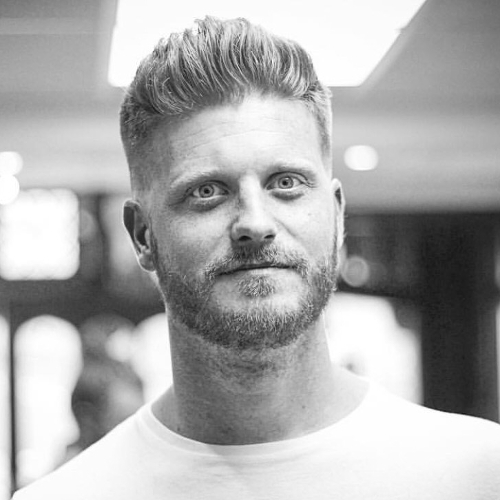Career progression in school can transform relationships with friends and colleagues

Trust can fluctuate depending on your position, says Adam Riches…

- by Adam Riches
- Teacher, writer and educational consultant

Over the years I’ve been teaching, I’ve always hoped to retain some of the ‘me’ that existed before I ventured into the world of education.
Yet the further I progress in my career, the more I feel I’m losing that ‘me’ part of myself. I can’t work out if it’s because I’m conforming more, or because the person that I am is changing.
Don’t get me wrong, there are parts of my personality that have certainly changed and developed for the better – significantly so, in some ways – but as you gain more responsibility in school, things can become a bit constricted with regards to how you can and can’t be, and what you are and aren’t able to show.
Subliminal influences
Career progression has never been a huge priority of mine. I feel like I take opportunities as they arise, and haven’t actively sought out promotion by jumping from job to job. That said, I do like a challenge, and have been very lucky to hold a number of roles that have landed me in brilliant teaching and learning posts.
Where I am now is great. I get to instigate change and direct the vision of the school, among many other positives, but – and there’s always a but – part of the job also involves raising the quality of teaching, and elements of that can be tough.
It’s impossible to detach yourself completely from your personality whilst at work. However much you try and suppress them, your internal judgment and values can’t help but subliminally influence your behaviour, and that’s where I’ve encountered conflict.
I love helping people improve, mentoring and coaching comes fairly naturally to me, but it isn’t all rainbows and butterflies. Sometimes it’s necessary to have difficult conversations with people and engage with others who don’t share the same views.
As you move into certain school roles, your relationships with others will inevitably change. Where once you might have been able to have a frank and forthright conversation with someone, following a promotion or job change, that dynamic can be transformed.
Different personas
The prospect of things changing is part and parcel of progression, I suppose – but I’m still essentially the same happy-go-lucky, cheeky chap I was when I first started teaching 10 years ago. Trouble is, that attitude simply won’t wash when you’re needing to have a difficult conversation with a colleague.
Changing roles often means having to adopt different personas, and that can be really difficult at times. Deep down I’m not a hard-arse, but it’s now necessary at times for me to be more ‘matter of fact’ than I was before, especially when it comes to colleagues’ personal development.
Trust can also fluctuate depending on your position. I thrive on loyalty and support when working alongside colleagues, and see those as two things that are essential in forming the basis of a good team. The thing is, though, the more you progress, the less people tend to trust you.
You’ll likely find that certain colleagues turn to you for support less frequently than they did back when they saw you as an equal.
I totally get why that happens – no matter how many times you remind your colleagues that you’re still ‘you’, in their eyes you’re not the same person you were. And that can be hard. Meaningful career development and progression can be amazing, but with it comes the need to embrace change.
It might all be part of the process of growing up and maturing, but I’m still me. And I don’t want to lose that.
Adam Riches is a senior leader for teaching and learning, specialist leader in education and author of the upcoming book Teach Smarter: Efficient and Effective Strategies for Early Career Teachers, due for publication in April 2020 by Routledge; follow him at @teachmrriches.










